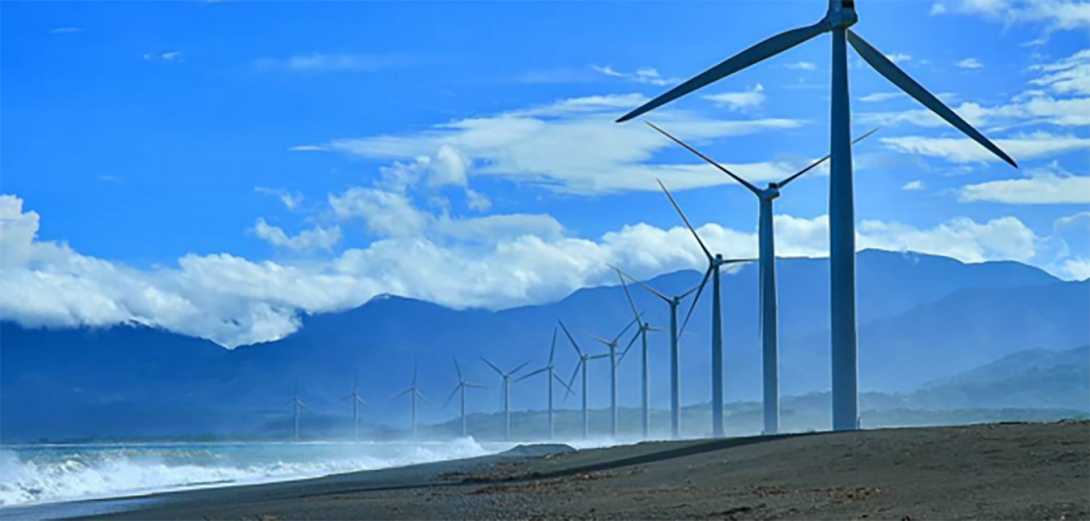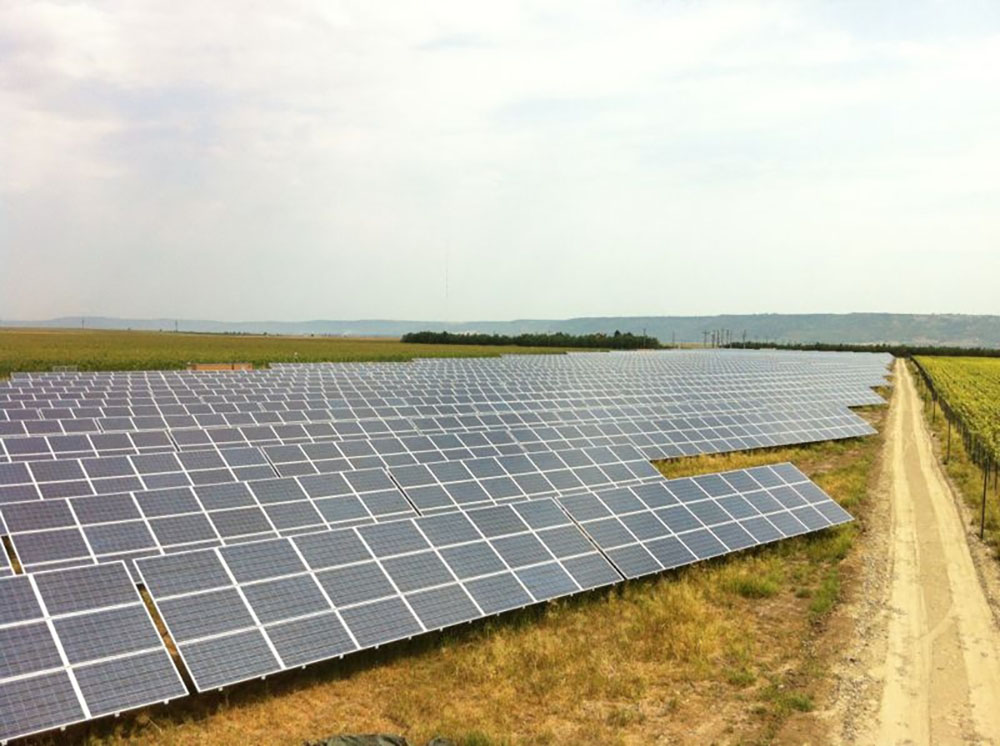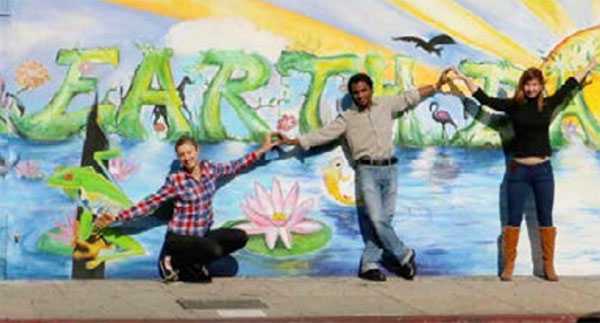Leonide Sinsin, Founder & Associate, Aress, interviewed by Benjamin Steinlechner, Communications & Partnerships Strategies, Connect4Climate, at the Sustainable Energy for All Forum (SEforALL Forum). Promoting solar energy in Benin.
Filmed and edited by Kaia Rose.
You may be interested in reading this:








